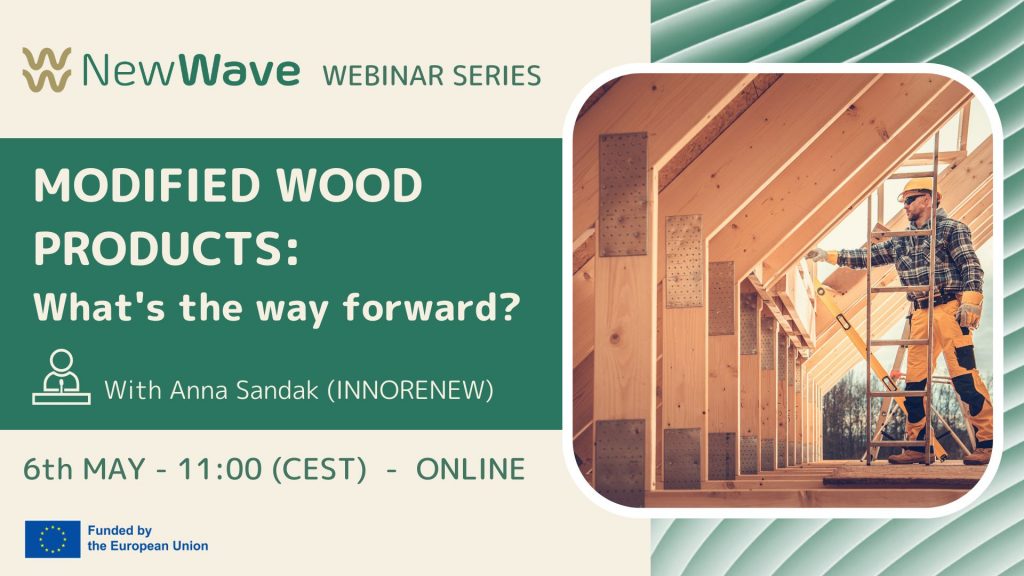
April 22, 2024


The world is growing smaller every day. Students are taking advantage of this phenomenon by seeking opportunities beyond the classroom to connect with and learn from other institutions, especially those that align with their interests and values. One of the ways in which students are building relationships with future colleagues is through international travel and study.
Alpine Europe: Innovation in the Circular Economy, led by faculty and staff from the University of Primorska and Oregon State University, opened its doors in June 2019 to this type of international learning experience in Slovenia and northern Italy for a group of 16 students from the Czech Republic, Bosnia and Herzegovina, India, Kazakhstan, and the United States. Over two weeks, the students met with craftsmen, researchers and industrial partners working with wood and other renewable materials to better understand a forest floor to retail floor value chain within the circular economy.
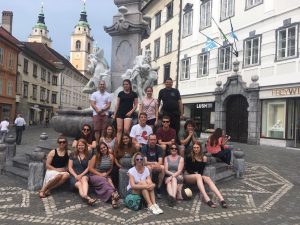
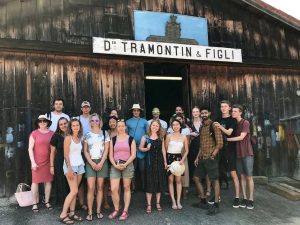
According to the European Commission, “In a circular economy, the value of products and materials is maintained for as long as possible. Waste and resource use are minimised, and when a product reaches the end of its life, it is used again to create further value. This can bring major economic benefits, contributing to innovation, growth and job creation.”
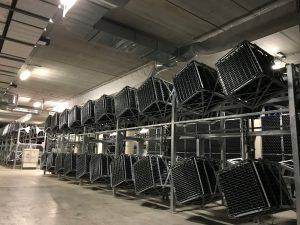
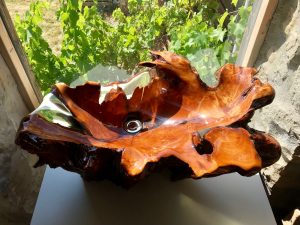
Forest value chains are multifaceted and present great opportunity for inclusion in the circular economy. Wood is renewable, reusable and recyclable, with material properties that can be optimized to drive innovation in both standard production as well as creation of new value-added products and side stream use for waste.
While in Slovenia, students experienced how the country’s forest value chain is transitioning from linear to circular. They started with a tour of the alpine forests in Gozd – Martuljek to understand the ecology and environmental concerns surrounding wood as a raw material. They continued on with tours of wooden construction designed to withstand earthquakes, cross laminated timber technology in use at Riko Hiše (wooden house manufacturer), industrial recycling at M Sora (wooden window manufacturer), functional wooden art at Logotowood, historic preservation of wooden architecture at Casa Vuki and side stream use of waste at Oljarna Krožera (Istrian olive mill) with owner Franka Marzi.
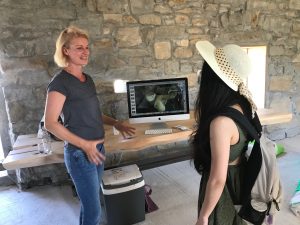
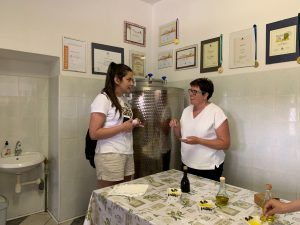
“The Slovenian businesses we visited focus on using natural materials when possible and integrating sustainability into their process,” said Amy Simmons, Alpine Europe 2019 program leader. “For example, one producer reprocesses waste materials into valuable products rather than pay for hazardous waste disposal. Another business chooses to use wood and other natural materials instead of traditional concrete.”
“These businesses show that local solutions are an important piece of the bioeconomy, and sustainability can be achieved while producing and maintaining high quality products,” she added.
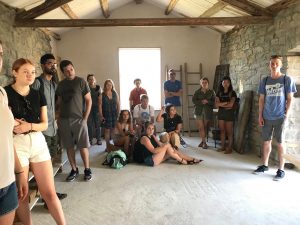
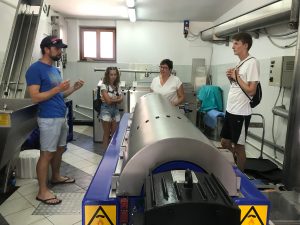
Before leaving Slovenia, students had the opportunity to spend time with researchers from the InnoRenew CoE to learn more about their projects and ways the institute is contributing to state-of-the-art in renewable materials and sustainable building. They also made additional connections with the University of Primorska through students and faculty of the Sustainable Built Environments master’s programme, a forestry-related discipline advancing circular economy goals.
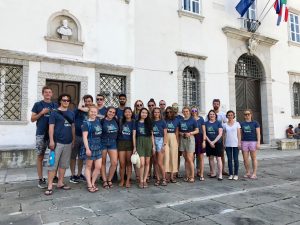
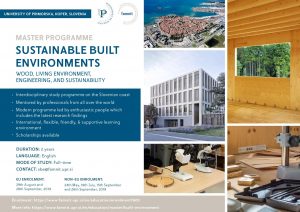
Alpine Europe 2019 wrapped up in Italy, where students explored the concept of restorative environmental and ergonomic design (REED) at Hotel Impero, timber engineering at Rubner Holzbau, cross laminated timber production at XLam Dolomiti and timber roof structures at the Arsenale of Venice.